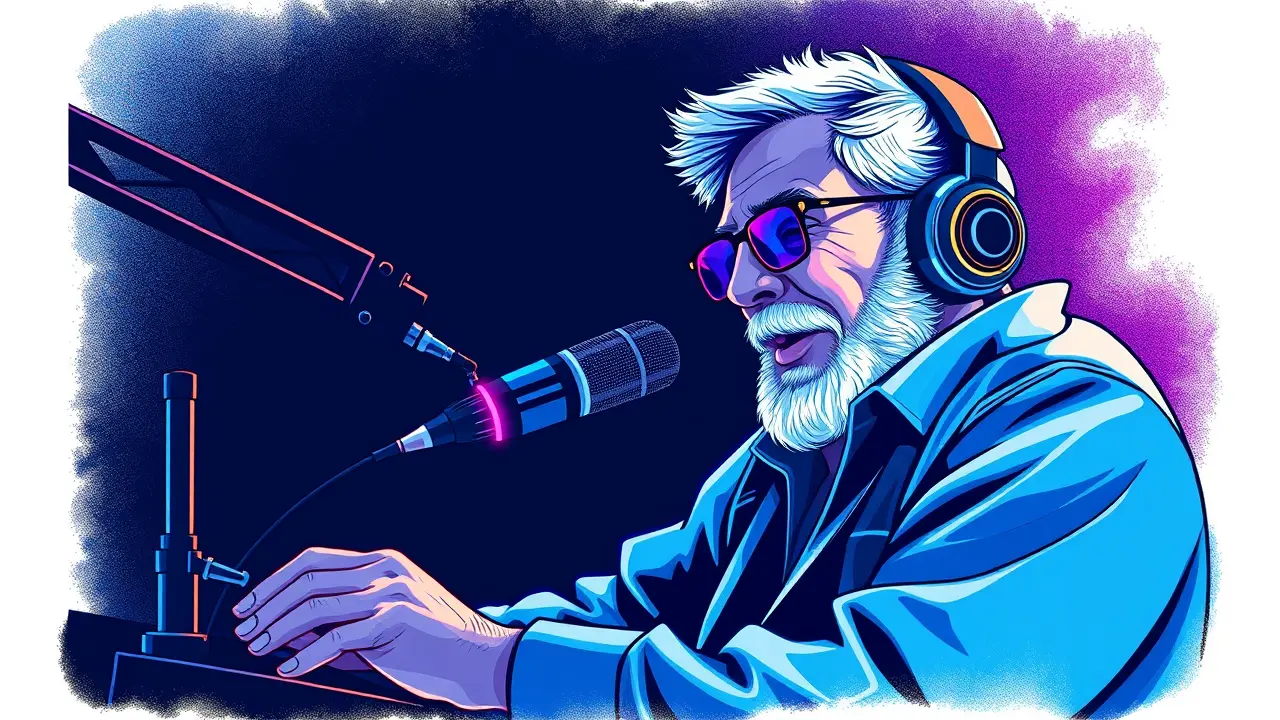
Entertainmentcelebrities
Katseye Members Report Thousands of Death Threats.
JE
Jessica Stone
4 hours ago7 min read5 comments
The digital landscape, a space meant for fan edits and viral dance challenges, has curdled into something far darker for Katseye, the multinational pop sensation currently navigating a terrifying storm of online vitriol that transcends typical hate comments and has escalated into a chilling campaign of real-world threats. We're talking about a coordinated flood of thousands of death threats clogging their social media mentions, a level of targeted harassment that moves beyond keyboard trolling and into the realm of potential physical danger, forcing the group and their management to confront the sinister underbelly of fame in the hyper-connected 2020s.But the situation grew even more alarmingly personal when one member, whose identity has been wisely shielded by authorities for her safety, was allegedly maliciously reported to U. S.Immigration and Customs Enforcement (ICE), a tactic weaponizing government agencies in a blatant attempt to intimidate and destabilize the group from within. This isn't just fan wars; this is a calculated effort to inflict legal and psychological harm, leveraging xenophobic sentiments to threaten a member's very right to reside and work in the country.This specific attack echoes a disturbingly familiar pattern seen in other online harassment campaigns, where personal information is used as ammunition, but the ICE component introduces a terrifying new dimension of bureaucratic weaponization. The group, celebrated for its diverse, border-crossing composition, now finds its greatest strength—its global identity—being twisted into a vulnerability by anonymous attackers.The psychological toll on the artists is immeasurable; imagine trying to record a bubbly pop track or rehearse a complex choreography while knowing that with every refresh of your phone, another anonymous account is wishing you harm or plotting to have you deported. This crisis forces a brutal conversation about the safety of artists in the digital age, far beyond the usual critiques of cancel culture.Where is the line between critical discourse and criminal threat? Security experts point out that such voluminous threats create a 'signal-to-noise' problem for protection details, making it incredibly difficult to distinguish a genuine, imminent danger from the cacophony of empty hate. The entertainment industry has historically been slow to adapt to these digital-era dangers, often treating online abuse as a PR issue rather than a security one, but Katseye's ordeal may well become a watershed moment.We've seen glimpses of this before, from the Gamergate era to the relentless bullying faced by figures like Meghan Markle, but the scale and specific targeting here feel uniquely intense for a pop group at this stage of their career. The response from their label and platforms will be closely watched; will there be a robust, proactive takedown of threatening accounts, or the usual sluggish and insufficient moderation? For the fans, the 'Hyein', this is a call to arms to flood the timelines with support and report the abuse en masse, but it also raises uncomfortable questions about the parts of fandom culture that foster such environments. The incident is a stark reminder that behind the glittering music videos and sold-out arena shows, the human beings in these groups are navigating a world where their success can attract a very real and very dangerous darkness, and the industry's old playbooks are woefully inadequate for this new war.
#Katseye
#death threats
#online harassment
#ICE report
#mental health
#multinational pop group
#featured
Stay Informed. Act Smarter.
Get weekly highlights, major headlines, and expert insights — then put your knowledge to work in our live prediction markets.
Related News
Comments
Loading comments...
© 2025 Outpoll Service LTD. All rights reserved.



